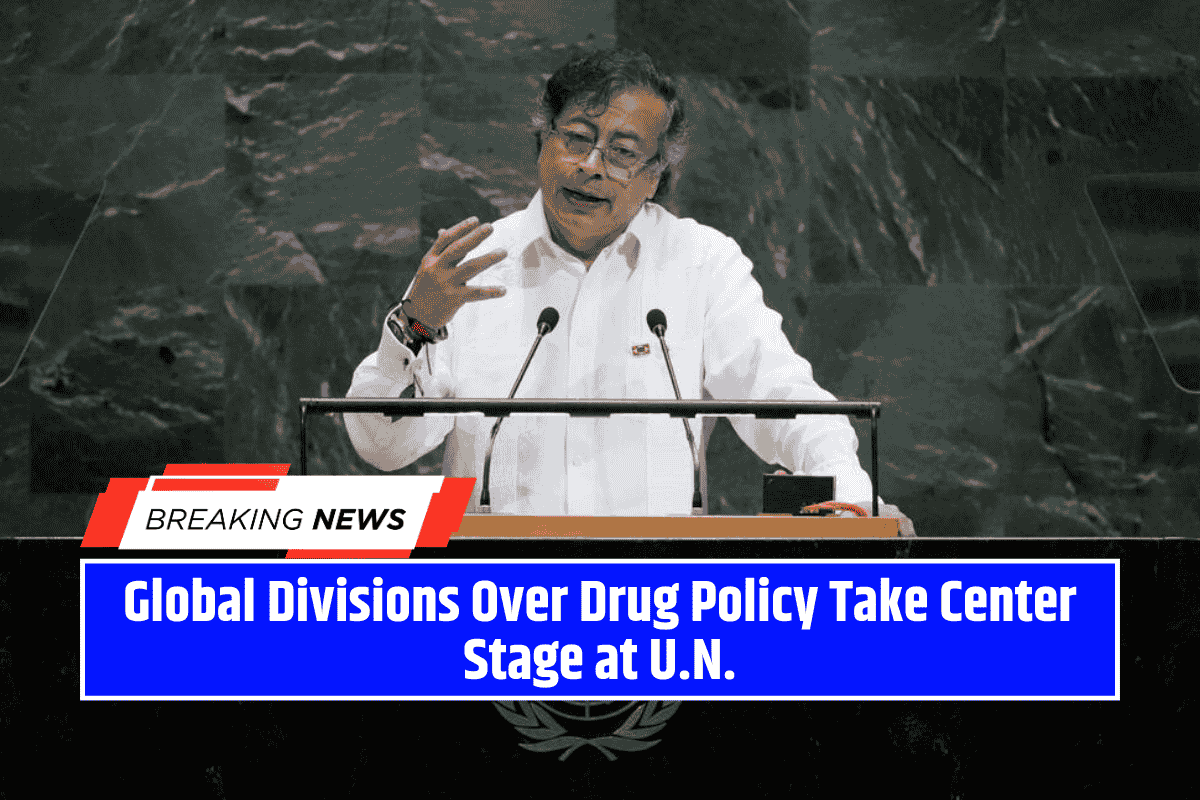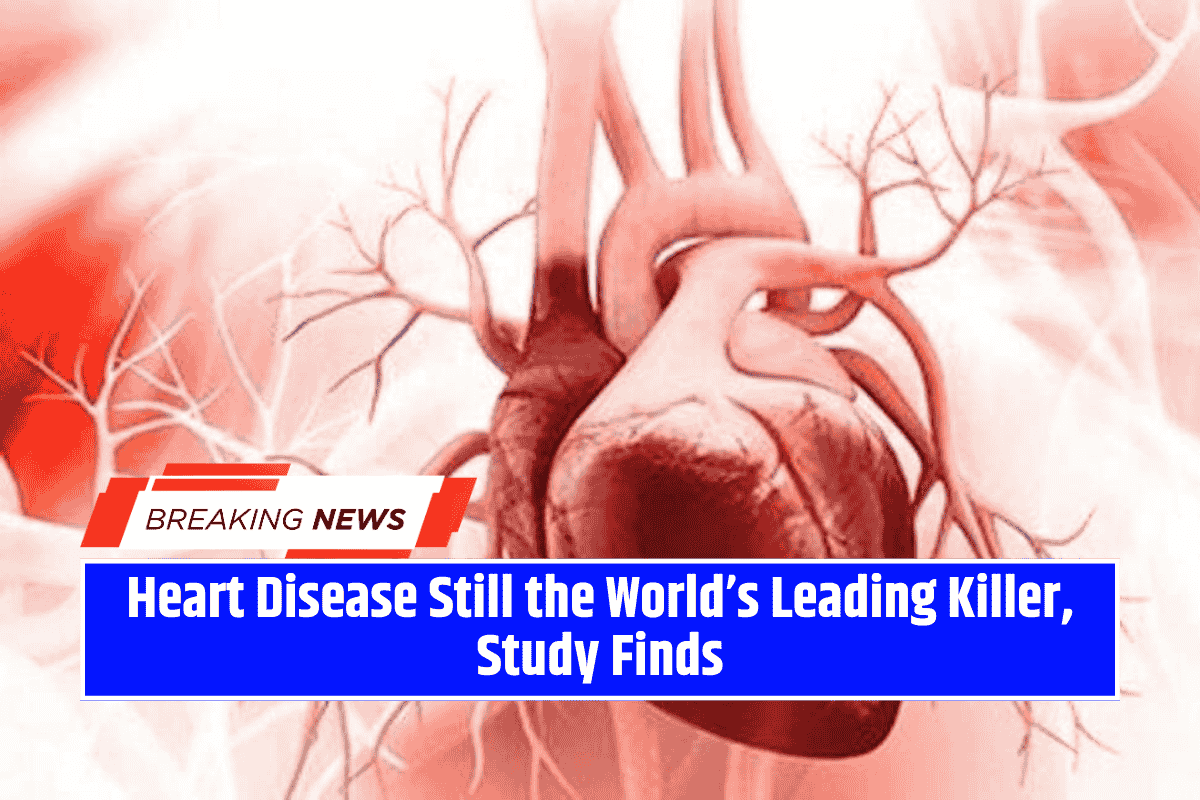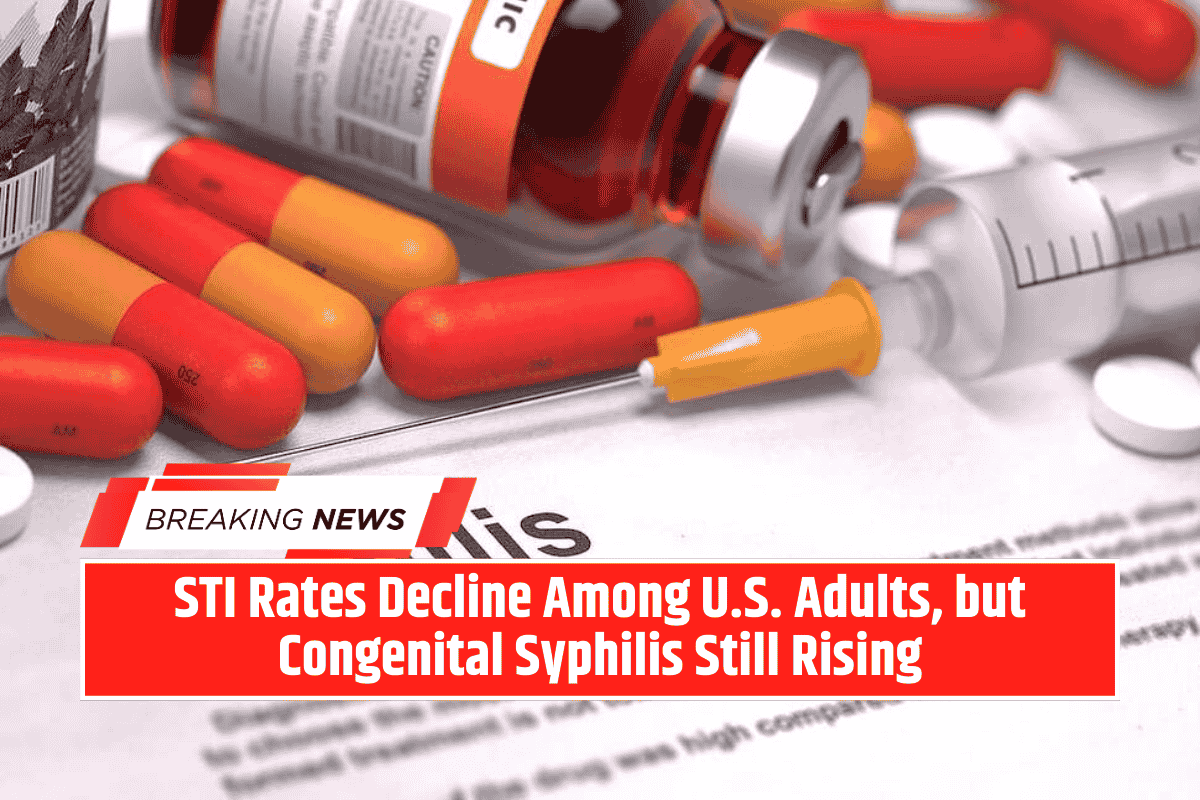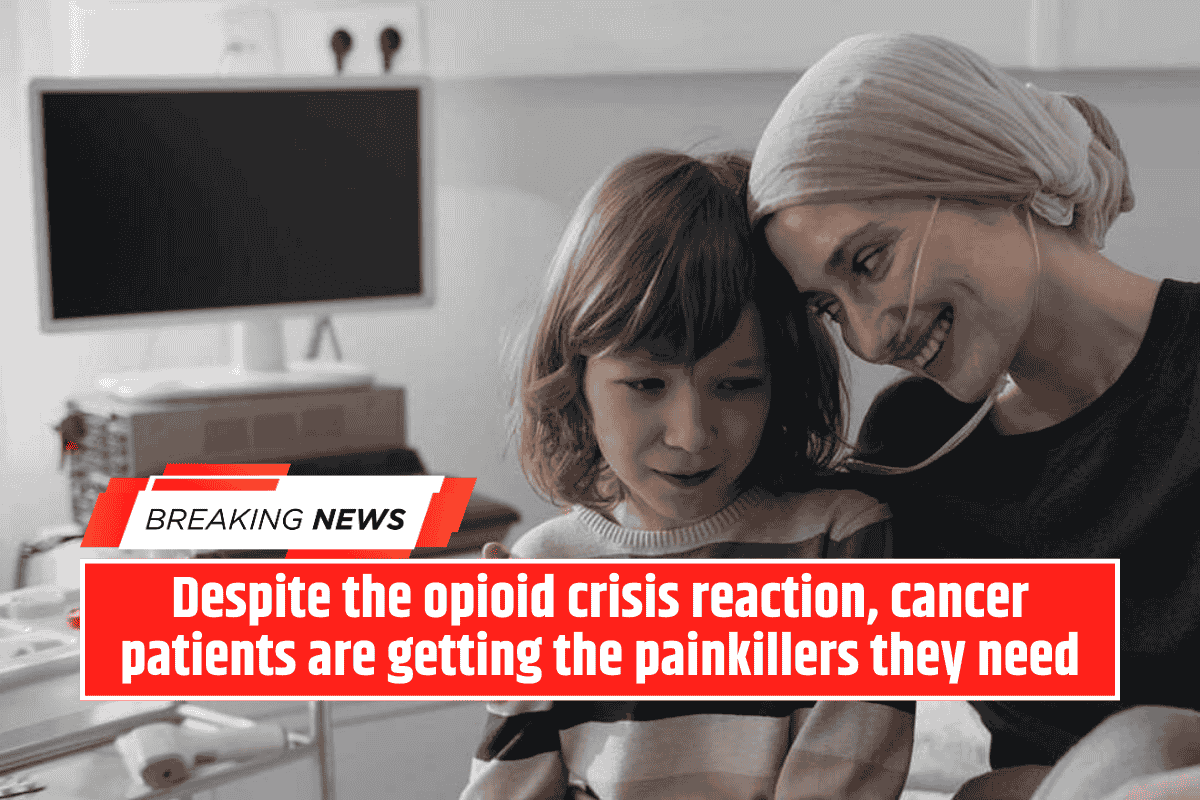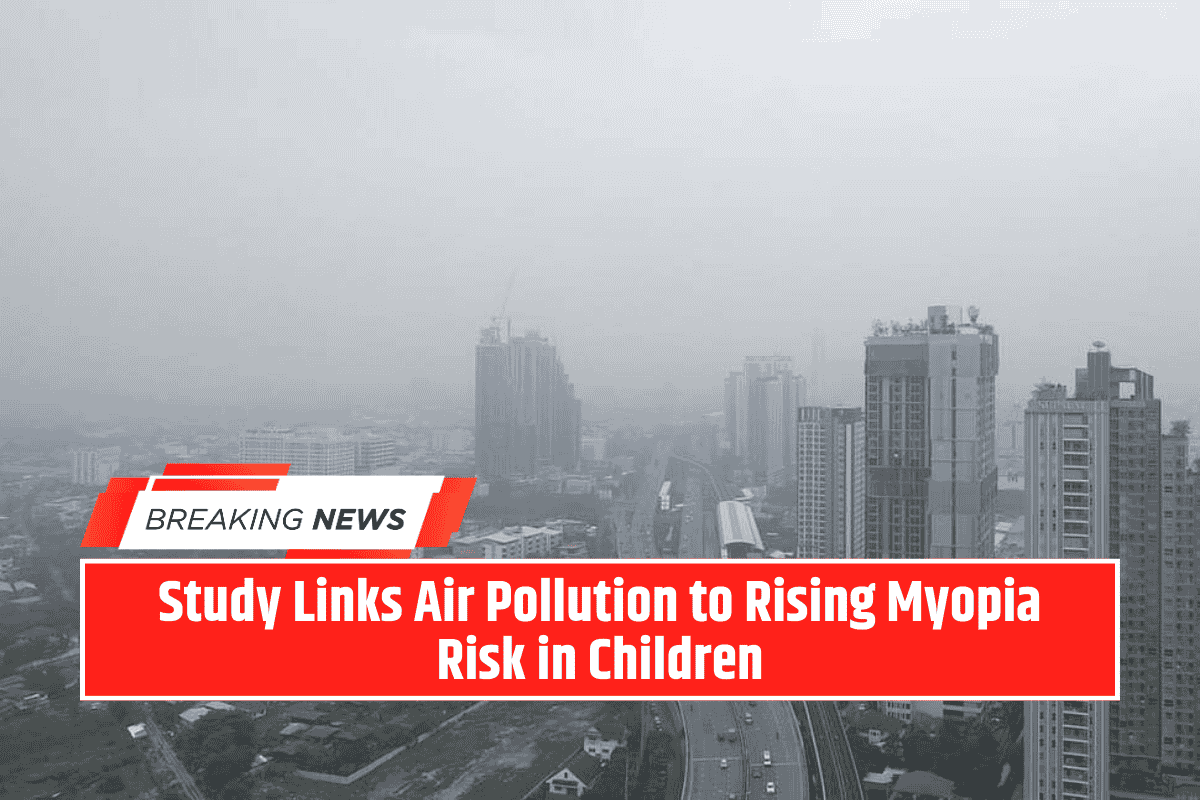For the first time in years, drug policy grabbed the spotlight at the United Nations General Assembly. U.S. President Donald Trump boasted of his hardline approach, including labeling Latin American cartels as terrorist groups and carrying out deadly strikes on suspected drug boats.
“To every terrorist thug smuggling poisonous drugs into the United States of America: Please be warned that we will blow you out of existence,” Trump declared.
But Colombian President Gustavo Petro fired back, accusing Washington of hypocrisy and domination. He condemned U.S. actions, saying young Colombians fleeing poverty were unfairly targeted.
Petro also criticized the U.S. for listing Colombia as failing in its international drug control obligations for the first time in decades.
A World Deeply Divided on Strategy
Experts note that the U.N. gathering laid bare just how fractured global approaches to drug control remain. While some nations push for aggressive enforcement, others emphasize public health.
“The international system is extremely divided on drug policy,” said Vanda Felbab-Brown of the Brookings Institution.
Drug use continues to rise worldwide. The U.N. Office on Drugs and Crime estimates 316 million people used drugs in 2023 — a 28% increase over a decade.
Cocaine use is expanding in Europe, methamphetamine in Southeast Asia, and synthetic opioids are spreading in Africa and troubling North America, even as opioid-related deaths decline.
Organized Crime and Security Risks
Global drug trafficking is increasingly dominated by organized crime syndicates that cross borders with ease. Jeremy Douglas of the U.N. drug office warned that governments must coordinate not only law enforcement, but also intelligence and financial systems to push back.
Some countries are already calling for stronger collective action. Panamanian President José Raúl Mulino urged nations to pool resources, noting his country seized a record 150 tons of cocaine and other drugs this year.
Calls for Reform and Human Rights Focus
At the same time, U.N. officials and experts argue that punitive drug policies have failed. U.N. human rights chief Volker Türk has advocated decriminalization of some drug use, saying, “the so-called war on drugs has failed, completely and utterly.”
A recent U.N. Development Programme report echoed this, highlighting how harsh enforcement has worsened racial disparities, fueled disease among drug users, and led to needless deaths. Former Mexican President Ernesto Zedillo added that the global drug control regime has become “a substantial part of the problem.”
Finding Common Ground Remains Elusive
The challenge lies in reconciling widely different national approaches. Some countries impose the death penalty for drug crimes, while others have legalized marijuana. Harm-reduction strategies such as safe injection sites are embraced in some places and banned in others.
As leaders from Tajikistan, Guyana, Syria, Costa Rica, and Peru reminded the assembly, drug trafficking fuels insecurity, exploits vulnerable migrants, and threatens public health worldwide. Costa Rica’s Foreign Minister Arnoldo André Tinoco summed up the urgency:
“Isolated responses are insufficient. The traffickers just go elsewhere and create new hotspots of crime.”
A Global Problem Demanding Global Solutions
Ultimately, leaders like Peru’s President Dina Boluarte stressed that drug trafficking, like climate change and organized crime, transcends borders.
“None of these problems is merely national, but rather global,” she said. “This is why we need the United Nations to once again be a forum for dialogue and cooperation.”
